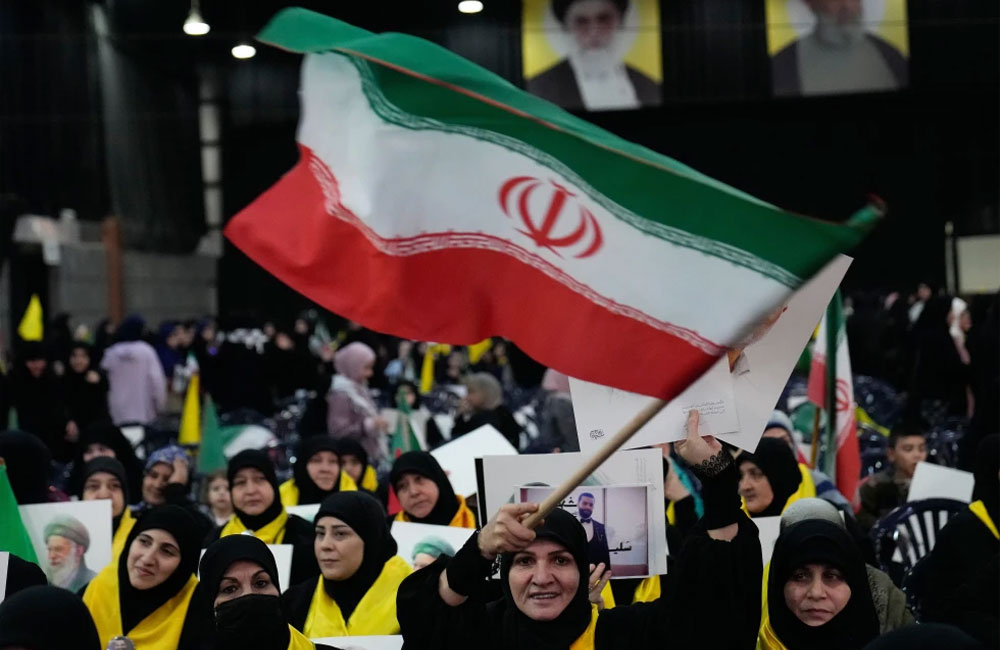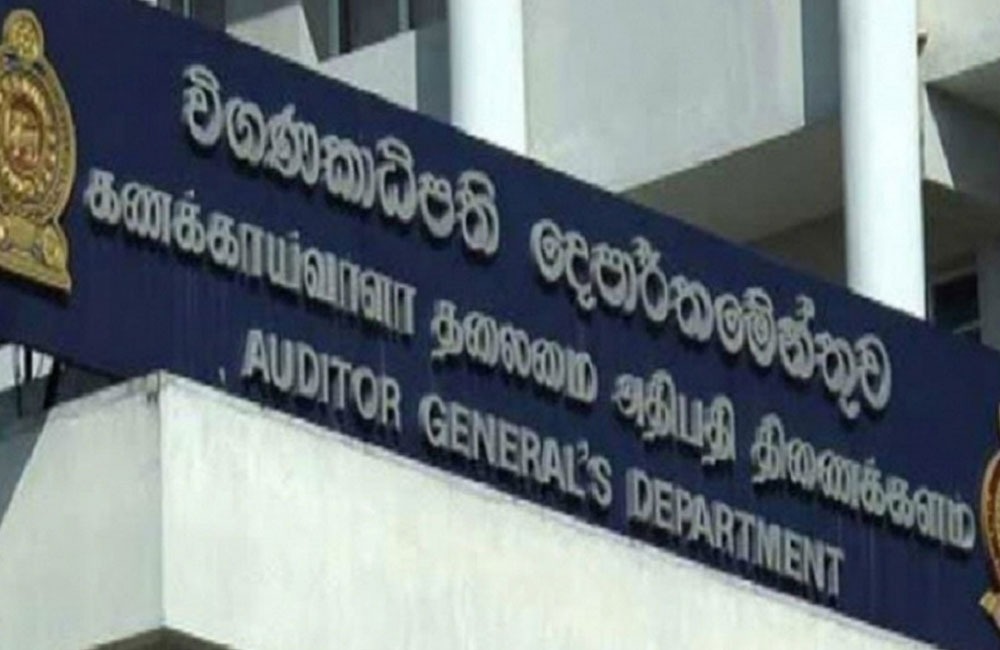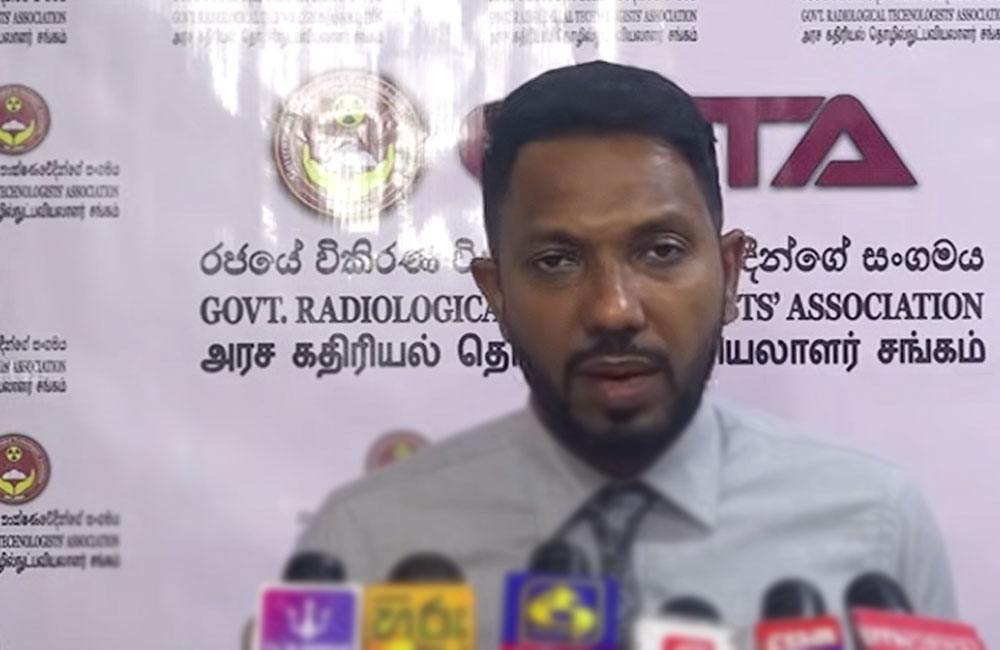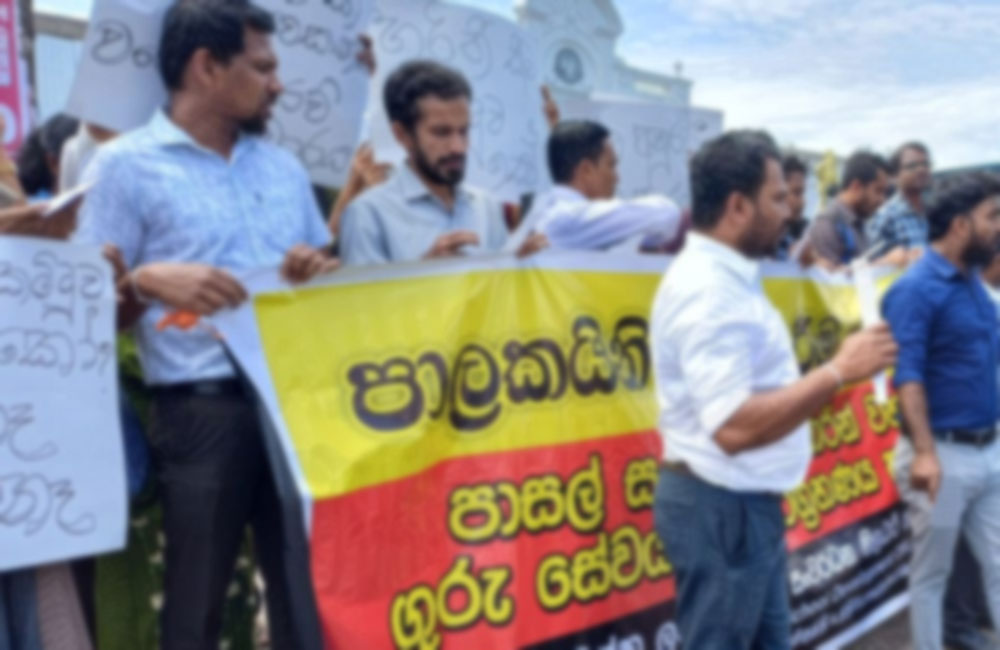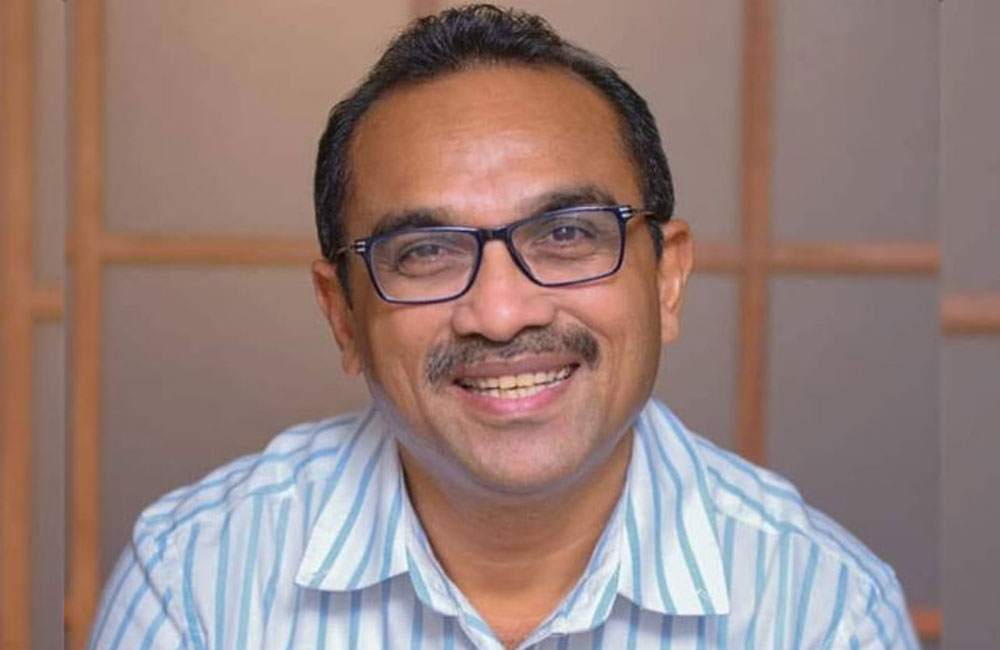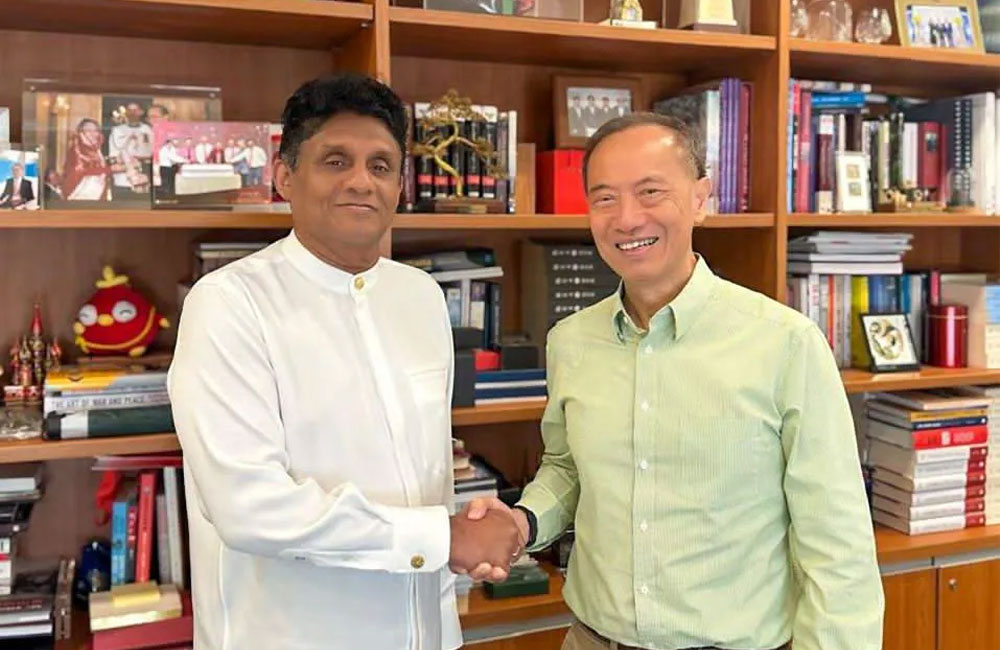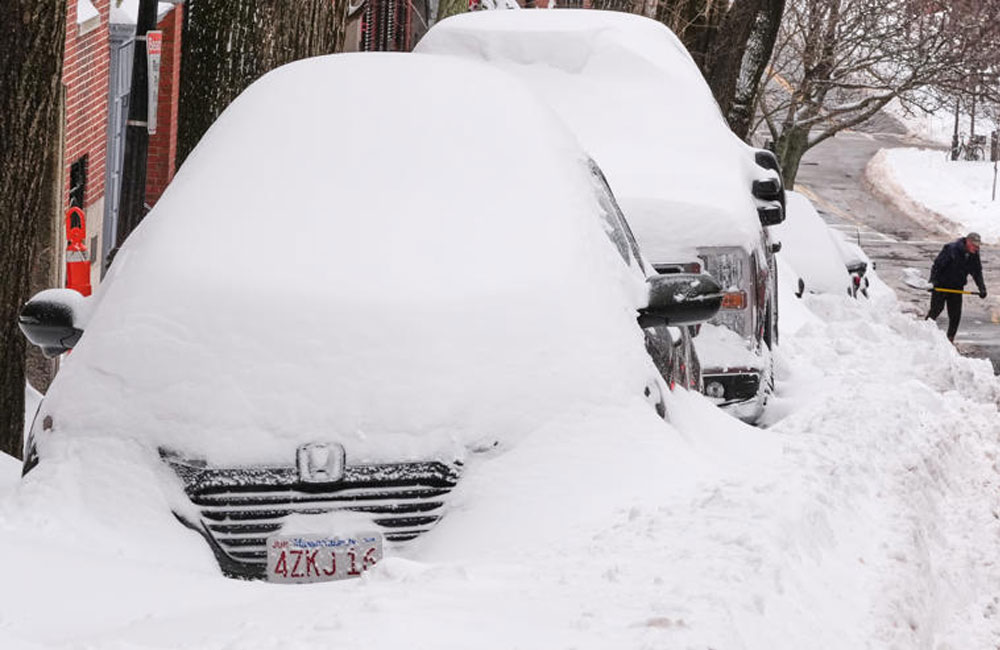Many in the U.S. faced another night of below-freezing temperatures and no electricity after a colossal winter storm heaped more snow Monday on the Northeast and kept parts of the South coated in ice. At least 30 deaths were reported in states afflicted with severe cold.
Deep snow — over a foot (30 centimeters) extending in a 1,300-mile (2,100-kilometer) swath from Arkansas to New England — halted traffic, canceled flights and triggered wide school closures Monday. The National Weather Service said areas north of Pittsburgh got up to 20 inches (50 centimeters) of snow and faced wind chills as low as minus 25 degrees Fahrenheit (minus 31 degrees Celsius) late Monday into Tuesday.
The bitter cold afflicting two-thirds of the U.S. wasn’t going away. The weather service said Monday that a fresh influx of artic air is expected to sustain freezing temperatures in places already covered in snow and ice. And forecasters said it’s possible another winter storm could hit parts of the East Coast this weekend.
A rising death toll included two people run over by snowplows in Massachusetts and Ohio, fatal sledding accidents that killed teenagers in Arkansas and Texas, and a woman whose body was found covered in snow by police with bloodhounds after she was last seen leaving a Kansas bar. In New York City, officials said eight people were found dead outdoors over the frigid weekend.
Hundreds of thousands without power
There were still more than 560,000 power outages in the nation Monday evening, according to poweroutage.com. Most of them were in the South, where weekend blasts of freezing rain caused tree limbs and power lines to snap, inflicting crippling outages on northern Mississippi and parts of Tennessee. Officials warned that it could take days for power to be restored.
In Mississippi, officials scrambled to get cots, blankets, bottled water and generators to warming stations in hard-hit areas in the aftermath of the state’s worst ice storm since 1994. At least 14 homes, one business and 20 public roads had major damage, Gov. Tate Reeves said Monday evening.
The University of Mississippi, where most students hunkered down without power Monday, canceled classes for the entire week as its Oxford campus remained coated in treacherous ice. Oxford Mayor Robyn Tannehill said on social media that so many trees, limbs and power lines had fallen that “it looks like a tornado went down every street.”
A pair of burly, falling tree branches damaged real estate agent Tim Phillips’ new garage, broke a window and cut off power to his home in Oxford.
“It’s just one of those things that you try to prepare for,” Phillips said, “but this one was just unreal.”
The U.S. had more than 12,000 flight delays or cancellations nationwide Monday, according to flight tracker flightaware.com. On Sunday, 45% of U.S. flights got cancelled, making it the highest day for cancellations since the COVID-19 pandemic, according to aviation analytics firm Cirium.
The impact extended far beyond the storm’s reach because such major hubs as the Dallas–Fort Worth International Airport were clobbered by the storm, stranding planes and flight crews.
More light to moderate snow was forecast in New England through Monday evening.
New York City saw its snowiest day in years, with neighborhoods recording 8 to 15 inches (20 to 38 cm) of snow. Though public schools shut down, roughly 500,000 students were told to log in for online lessons Monday. The nation’s largest public school system saw snow days stripped away after remote learning gained traction during the coronavirus pandemic.
Bitter cold grips much of the nation
Meanwhile, bitter cold followed in the storm’s wake. Communities across the Midwest, South, and Northeast awakened Monday to subzero weather. The entire Lower 48 states were forecast to have their coldest average low temperature of minus 9.8 F (minus 12.3 C) since January 2014.
In the Nashville, Tennessee, area, electricity returned for thousands of homes and businesses Monday, while about 146,000 others still didn’t have power Monday evening after subfreezing temperatures overnight. Many hotels were sold out overnight to residents escaping dark and frigid homes.
Alex Murray booked a Nashville hotel room for his family to ensure they had a working freezer to preserve pumped breast milk to feed their 6-month-old daughter. Anticipating a long wait until power gets restored at his home, Murray planned to extend their hotel stay through Wednesday.
“I know there’s many people that may not be able to find a place or pay for a place or anything like that, or even travel,” Murray said Monday. “So, we were really fortunate.”
Storm leads to deaths in a number of states
In Emporia, Kansas, police found a 28-year-old teacher dead in the snow after she was seen leaving a bar without her coat and phone.
Police said snowplows backed into two people who died in Norwood, Massachusetts, and Dayton, Ohio. Arkansas and Texas reported two deaths apiece.
The cause of deaths for the eight people found outside in New York City as temperatures plunged between Saturday and Monday morning remained under investigation.
Officials reported four deaths in Tennessee, three deaths apiece in Louisiana and Pennsylvania; two deaths in Mississippi; and one each in New Jersey, South Carolina and Kentucky.
Kramon reported from Atlanta. Bynum reported from Savannah, Georgia. Associated Press writers around the country contributed.
Source:adaderana.lk
